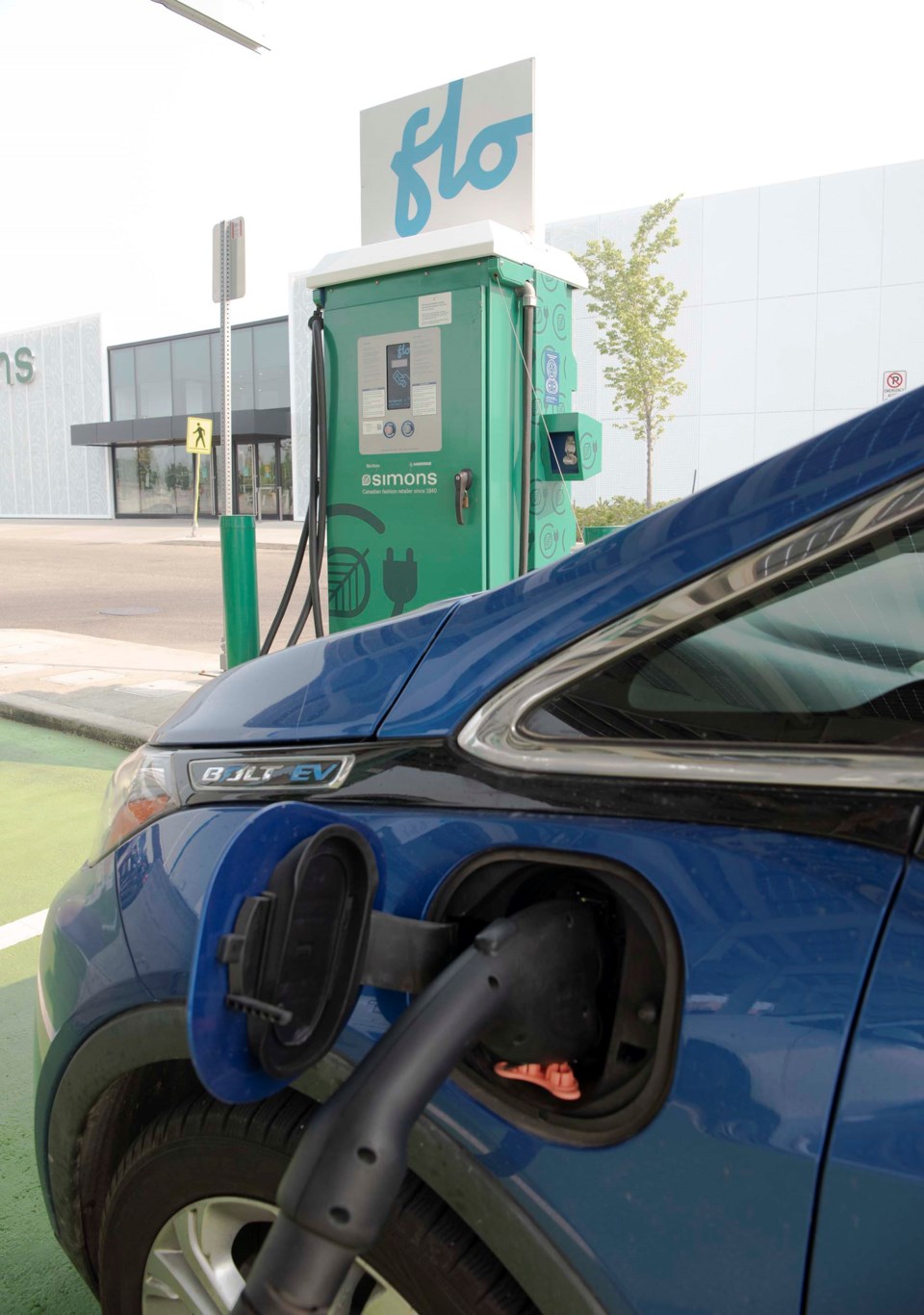Canada will have to power up a huge number of electric car chargers if it wants to be ready for the future of zero-emissions transportation, says the host of an upcoming online talk.
The online news platform Electric Autonomy Canada will host a free online talk on the future of electric vehicle charging in Canada on July 14.
The federal government announced last year that all cars and trucks sold in Canada must be zero-emission vehicles (typically electric) by 2035, said Emma Jarratt, managing editor of Electric Autonomy Canada and host of the talk.
“In order to have an electric fleet, you need to have infrastructure to support that,” she said, which means chargers.
The federal government aims to add 50,000 chargers to Canada’s roads by 2026, Jarratt said — a huge jump from the roughly 16,000 available now. Retailers and governments face significant challenges in this rollout, including capital cost and electrical grid capacity.
Jarratt said this Thursday’s talk will feature a panel of government and industry experts to discuss these and other issues related to the expansion of Canada’s electric car charging network.
“A lot of EV drivers will be able to charge at home,” Jarratt said, but those who live in condos, apartments, or homes without driveways will need public chargers to power their vehicles.
There are also questions about what these charge stations would look like. Most of the current ones are standalone ports found in parking lots, Jarratt said. Some companies have pitched “charging depots” which would put many high-speed Level 3 chargers in one spot on major roadways, accompanied by restaurants or workplaces where drivers could wait as their cars refuelled.
The Edmonton region will have to focus on getting more Level 3 chargers if it wants to see more electric cars on the road, said Andrew Batiuk of the Electric Vehicle Association of Alberta (who is not a member of Jarratt’s panel). Early electric car adopters might accept the hours-long charge rates of Level 1 (wall socket) or Level 2 (240 volt) chargers, but mainstream ones will want the once-a-week, done-in-minutes experience they currently get with gas cars at gas pumps — something only possible with Level 3 systems.
“Without having Level 3, an electric vehicle is a no-go unless you can [charge] at home,” Batiuk said.
Plugshare.com listed seven Level 3 chargers in the Edmonton region as of July 8, none of which are in St. Albert or Sturgeon County. (Bon Accord announced approved grant funding in March to have such a charger installed later this year.)
Batiuk said municipalities should build more Level 3 stations and work with property owners to put in chargers at condos and apartments to reduce the need for such stations.
Municipalities risk devaluing their lands if they don’t build chargers today, Jarratt said.
“It’s a much needed asset right now, and it will be a mandatory asset in the future.”
The free talk starts at 11 a.m. Alberta time. A recording of the talk will be available to registrants. Visit bit.ly/3amUC8l to register.




